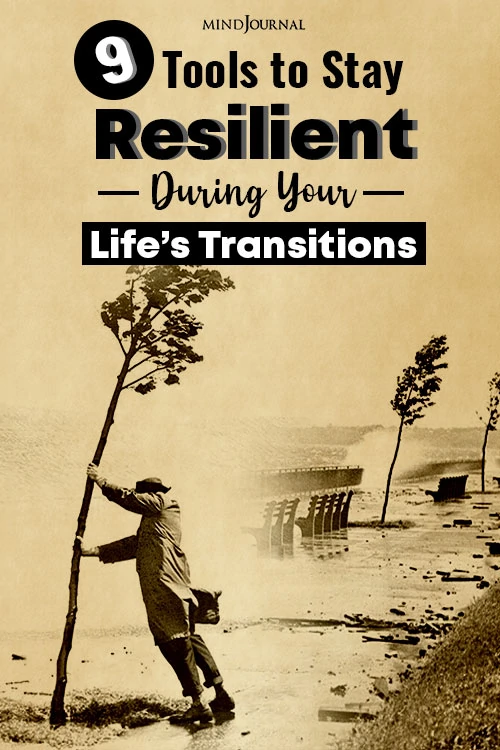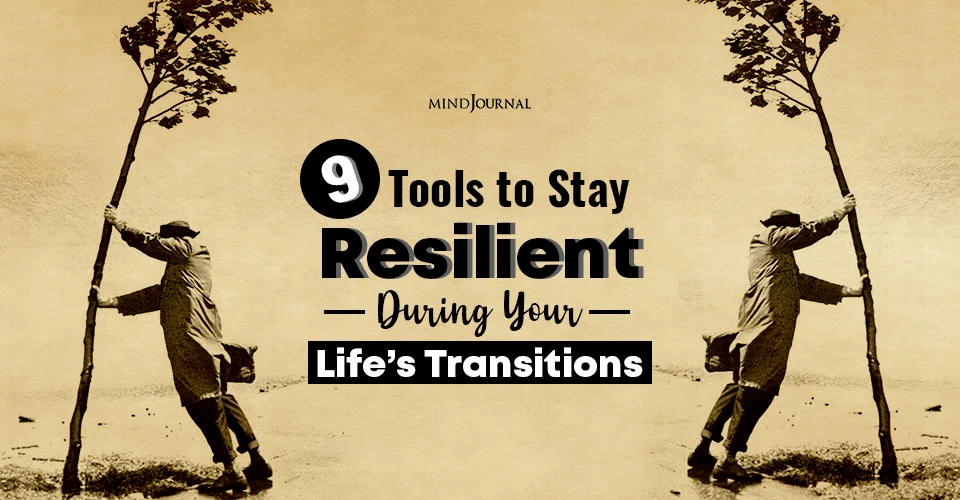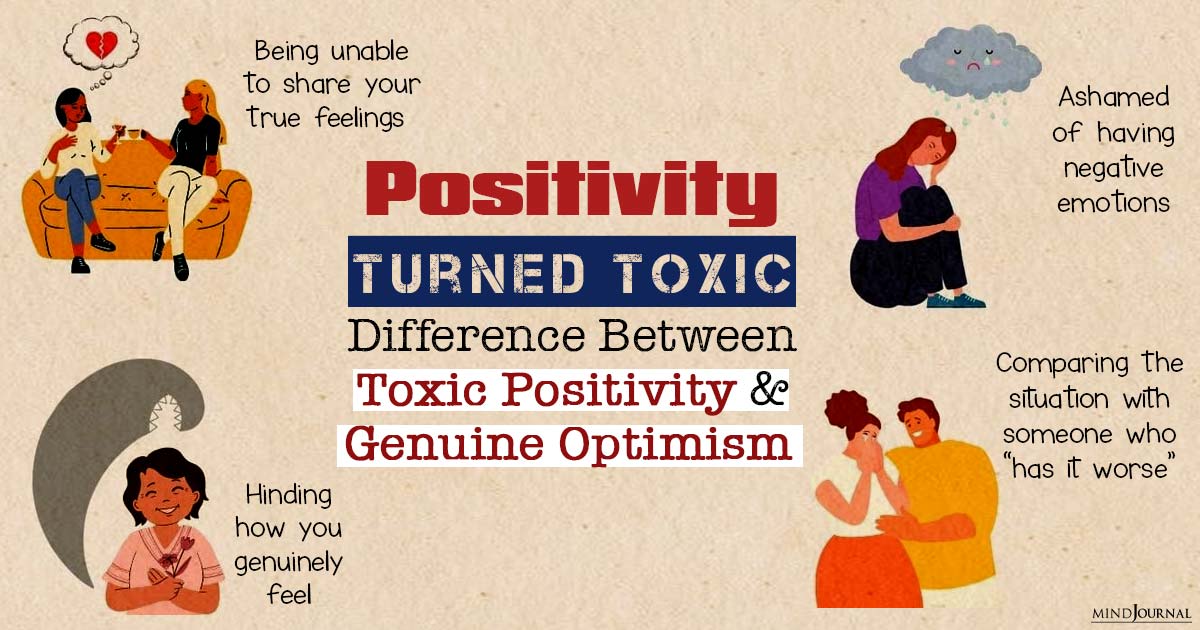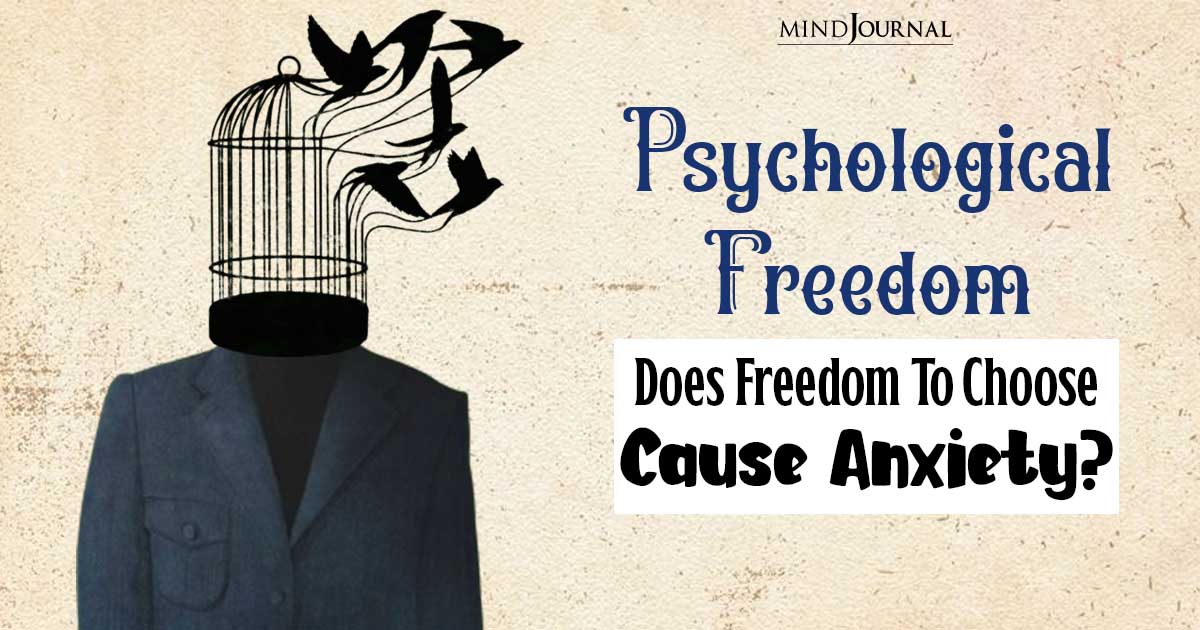Resilience may help us deal with stress, overcome adversity, and look forward to brighter days ahead. Here are some tools to stay resilient during transitional times.
KEY POINTS
- Transitions are stressful by their nature, but there are practical tools for addressing the worry that transitions stir up.
- An essential part of moving through transitions is recognizing, and accepting, what you can and can’t control.
- The ability that resilience gives us to regulate our emotions is key to navigating and landing intact on the other side of change.
If you have ever found yourself in a period of change that makes you feel uncertain and unsettled, then you know how it feels when worry—rather than resilience—is running the show.
Liminal periods, the times at the start of a new experience—a new job, say, or a new city—are challenging and can stir up a hornet’s nest of worry and “what if’s.” They can make you feel disconnected and disoriented. Unfettered worry about things we can’t control—and figuring out what we can control—leads to anxiety and, worse, helplessness.
It’s in these times of change and transition that resilience really matters. Resilience makes the difference between surrendering to angst and worry—versus seeing this time in your life as an opportunity for growth.
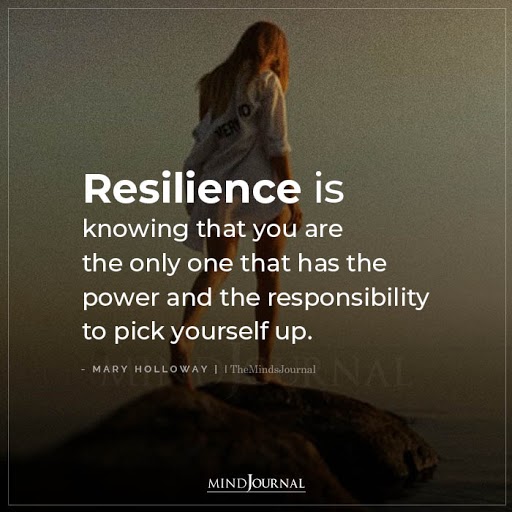
Resilience is largely a learned skill that helps us to manage stress, regulate our emotions, and respond positively to the kinds of setbacks we all experience at one time or another. Fortunately, there are specific, practical things we can do to keep ourselves from going off the emotional cliff and landing with a thud in a pit of despair. Consider these:
Here Are 9 Tools to Stay Resilient
Be Clear About What You Can And Can’t Control.
This means realistically thinking through the specifics of the situation you’re in, and sorting out “what is mine” and “what is not mine.” What do you need to do to take responsibility for what is yours? Do you need to push back against someone’s effort to make something yours that isn’t your responsibility?
Related: How To Deal With Feeling Overwhelmed With Tasks
Be Mindful.
Literally, stop and smell the roses (and other flowers). Hike (or just walk) in nature. Take a mental inventory of your senses. What are they telling you about your environment? Are there things you can do to make it more enjoyable and relaxing?
Name Your Emotions.
Loneliness, frustration, and disappointment are all-too-familiar emotions in the course of our lives. Identify your emotions and learn to differentiate among them to know what is really going on and how to deal with it.
Write About Your Feelings.
You’ve heard it a million times, but that’s because it’s true: journaling puts your feelings in black and white, which in turn helps you to turn the tables and limit their ability to hurt or undermine you.
Practice Gratitude.
Focusing on all you are grateful for is one of the quickest, and surest, ways to move your mind from worrying to a place of equanimity. This is really a remarkable weapon in your resilience arsenal of worry-busters.
Related: 10 Reminders When You Feel You’re Never Going To Be Enough
Practice Self-Care.
Eat nutritious food. Exercise. Get a manicure. The essence of self-care is simply being good to yourself. Of course it also means surrounding yourself with others who also are good to you, respectful, and kind.
Distract Yourself.
This isn’t about denial, pretending the things causing you stress or worry don’t exist. It’s more about finding balance so that what worries you doesn’t totally dominate your mind and emotions. Listen to music, practice a favorite hobby, do something creative, or simply get outside. Don’t just sit there and ruminate!
Help Others.
Nothing gets us outside ourselves and our worries better than taking the focus off ourselves to contribute toward making others’ lives better, too.
Use More Than One Strategy.
The suggestions offered here are only some of the tools available to help you bust your stress, regulate your emotion, and carry on. Pick and choose which ones work best for you, and when they are most effective.
Transitional times are by definition unsettled and uncertain. But transitions don’t have to knock you completely off track if you employ these—or your other favorite—tools. You can’t control everything that happens in your life, or how a transition will turn out, but you can decide how and to what extent it affects your emotions.
Related: How Our Brains Can Find Peace in a Crisis
Developmental resilience and energy to identify, accept and overcome the difficulties of life with these tools. Tell us your thoughts in the comments below.
Written by: John-Manuel Andriote Originally appeared on: Psychology Today Republished with permission
